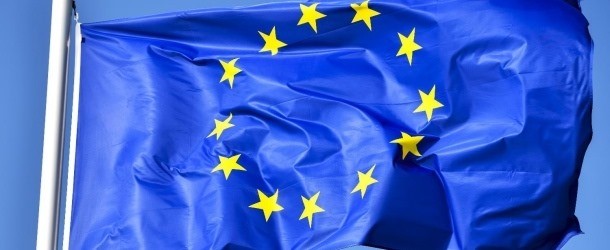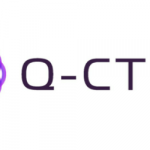Quantum Technology:The EU Wants to Catch Up With the Competition

(Teleccast.com) The first quantum-cryptographically secured connection between two federal authorities was presented to the public on Monday, August 8. The project is part of a whole series of research initiatives with which the German government wants to secure the “technological sovereignty” of Europe. She identified quantum technology as one of the key technologies.
The physicist Tommaso Calarco from Forschungszentrum Jülich, together with colleagues, earlier initiated a kind of roadmap, a plan for a Europe-wide, coordinated research program that should make it possible to use the “second quantum revolution” also technically. The “Quantum Manifesto” was signed by over 900 researchers when it was published in 2016. In 2018, the EU decided to actually support the development of quantum technology with one billion euros – albeit over a ten-year period. In addition to the EU package, individual EU states such as Germany decided on further national funding programs.
The funding focuses on three technical areas with very different degrees of technical maturity and application potential: quantum computers, quantum communication and quantum sensors.
There is now a great deal of interest, especially on the corporate side, in examining the potential of quantum computing and quantum communication specifically for its suitability for practical use. While computing is primarily about exploring how optimization problems can be practically transferred to quantum computers and what can actually be extracted from the currently still very limited quantum hardware, the focus in quantum communication is on the stability and practicality of the components.
In the area of quantum computers, Europe is also relying on the independent development of its own hardware in order not to fall into a one-sided technical dependency. The Europeans’ chances are not as bad as they look at first glance. Because Google and IBM are currently the most advanced in building quantum computers – both rely on superconducting loops in their quantum processors. In the OpenSuperQ project, European researchers want to catch up within the next five years and build their own superconducting quantum chip with 50 qubits.
The entire field of quantum technology is very research-intensive – technically highly specialized developments such as extremely low-noise electronics for controlling the quantum systems are closely interlinked with experimental and theoretical basic research. In order to get ahead at this point, the quantum community has so far relied on strong international cooperation.
Such a carefree cooperation is likely to become more difficult in the future. Not only with researchers in China.
International cooperation remains a sticking point in the development of quantum technology. So whether a purely European quantum technology can ever be realized can at least be viewed as very unlikely. But that is commonplace for quantum researchers.























